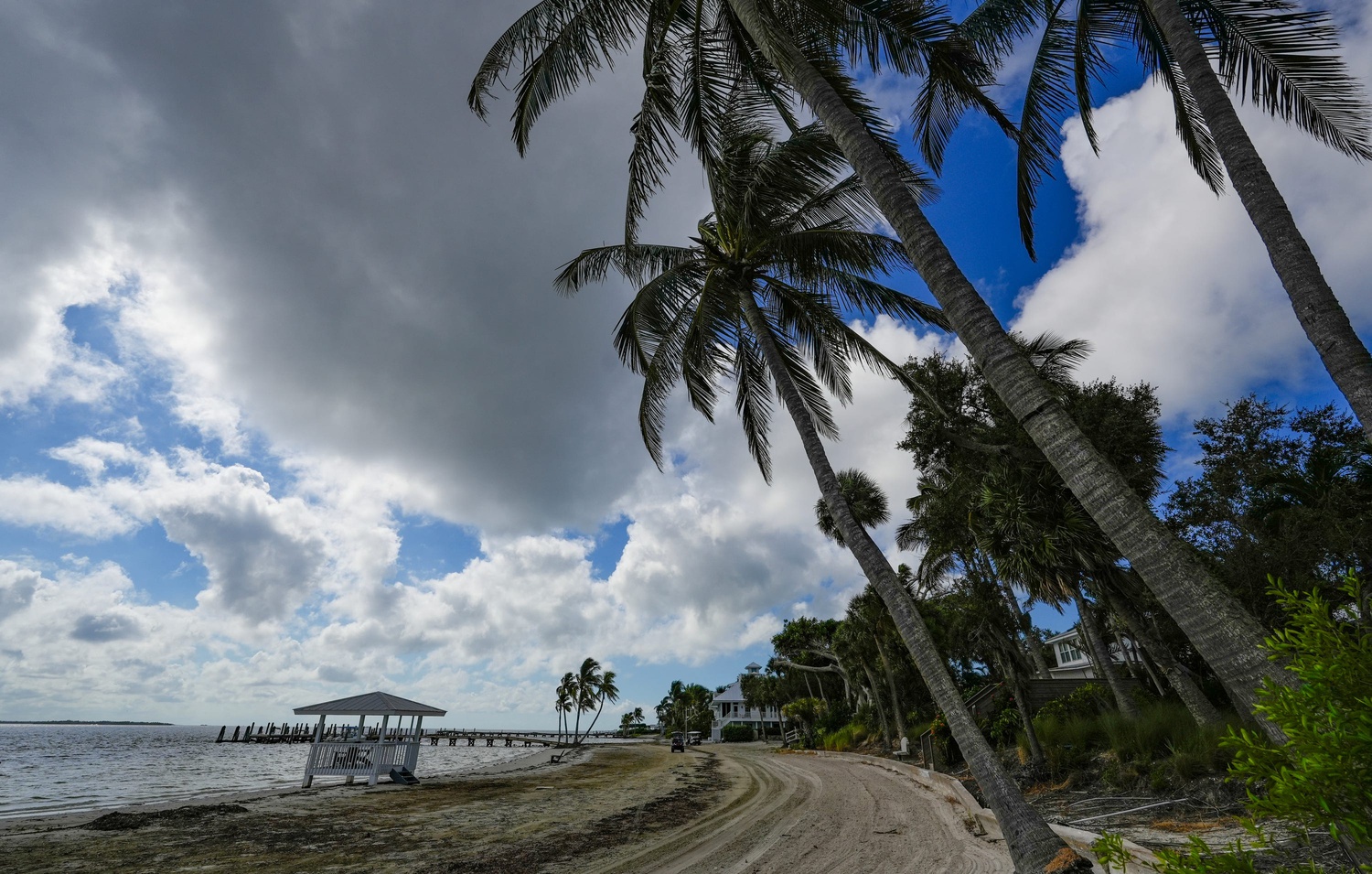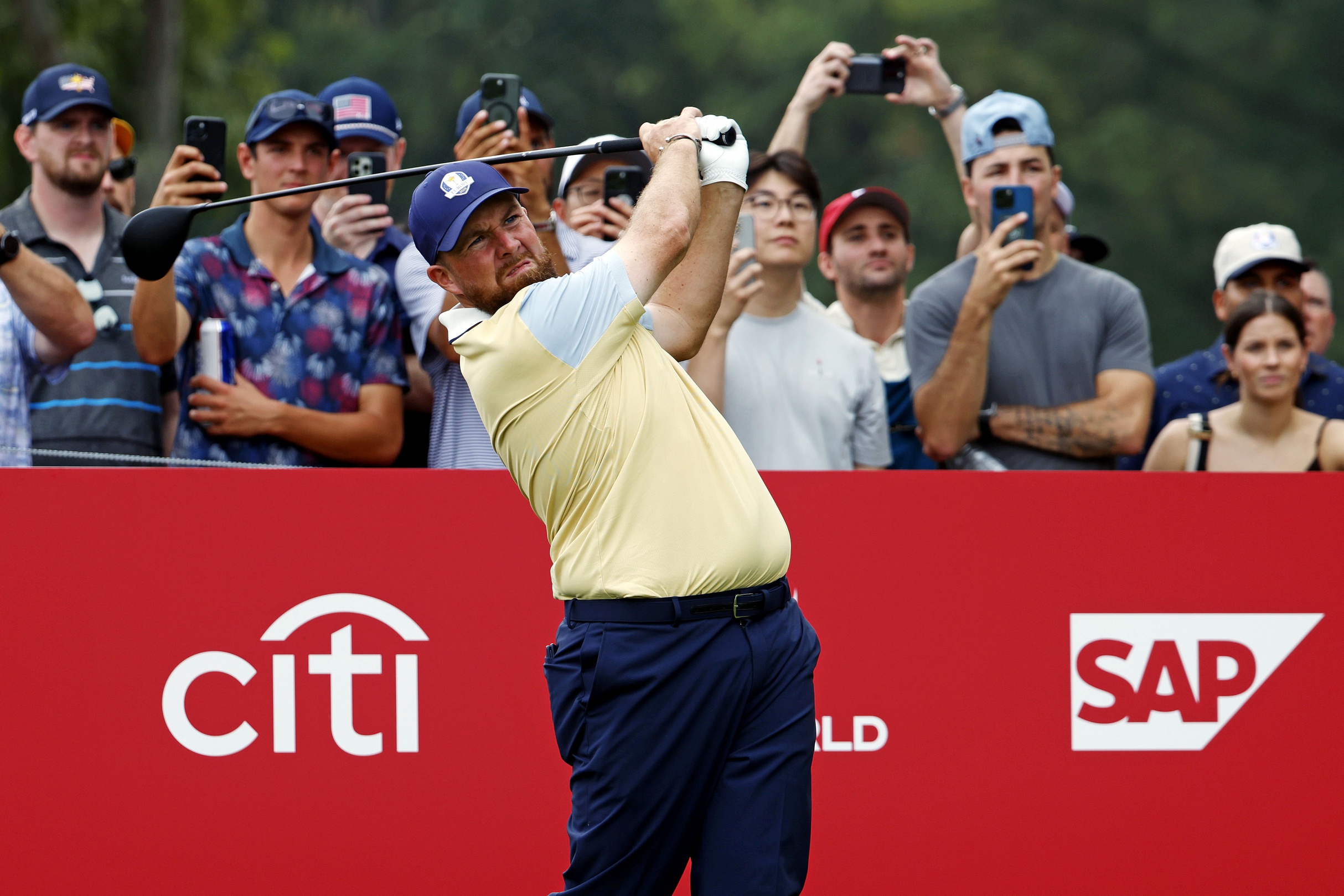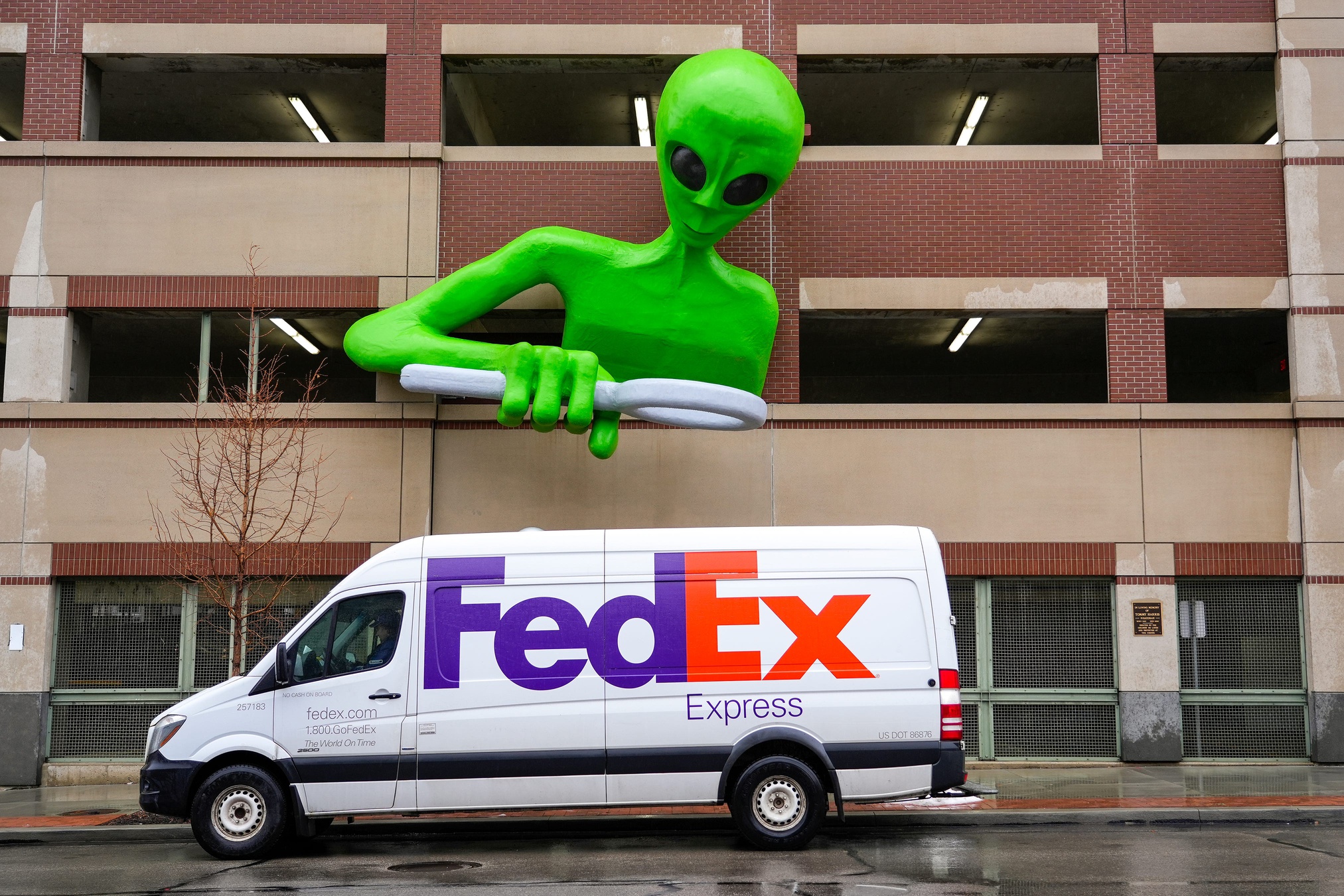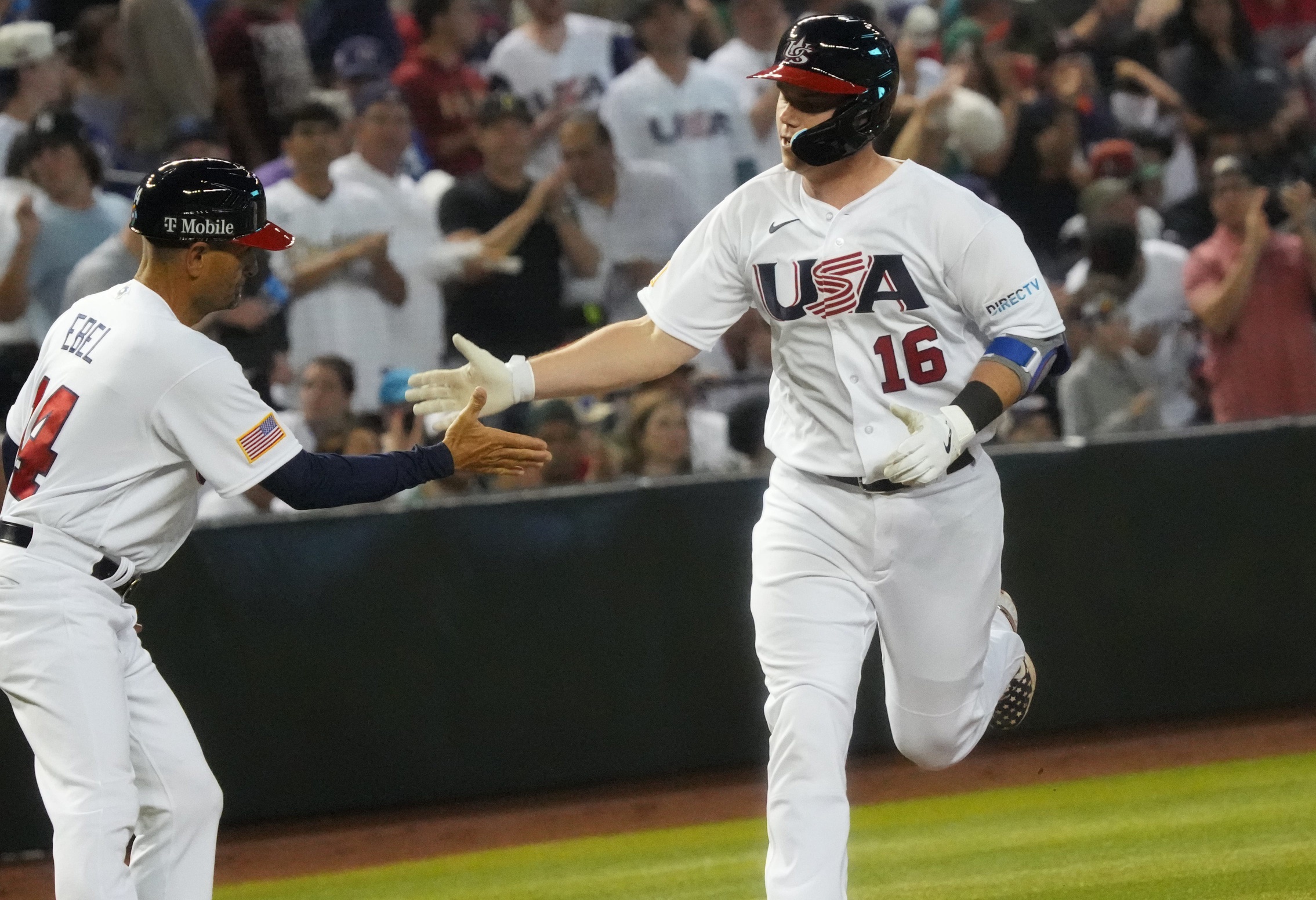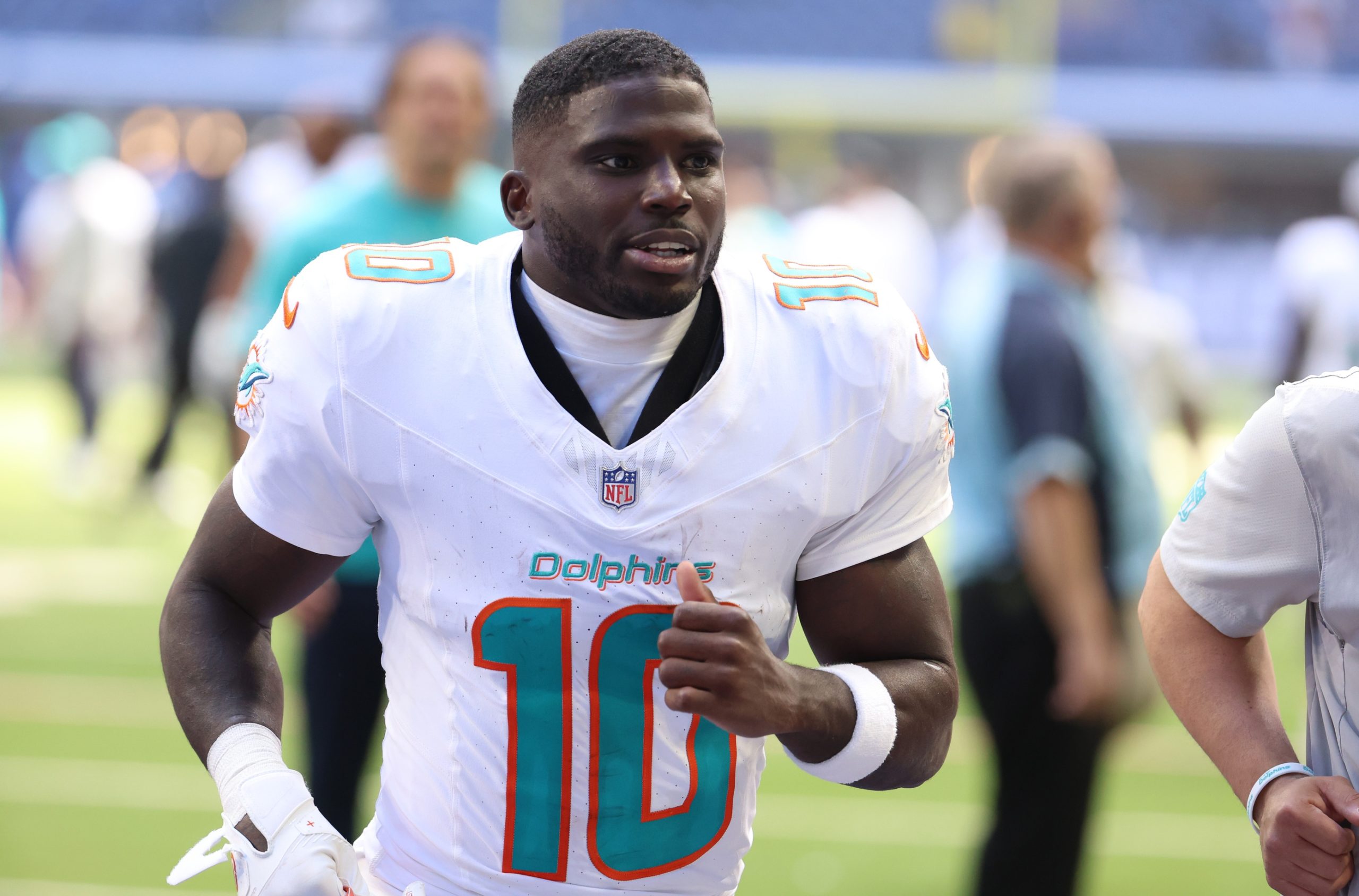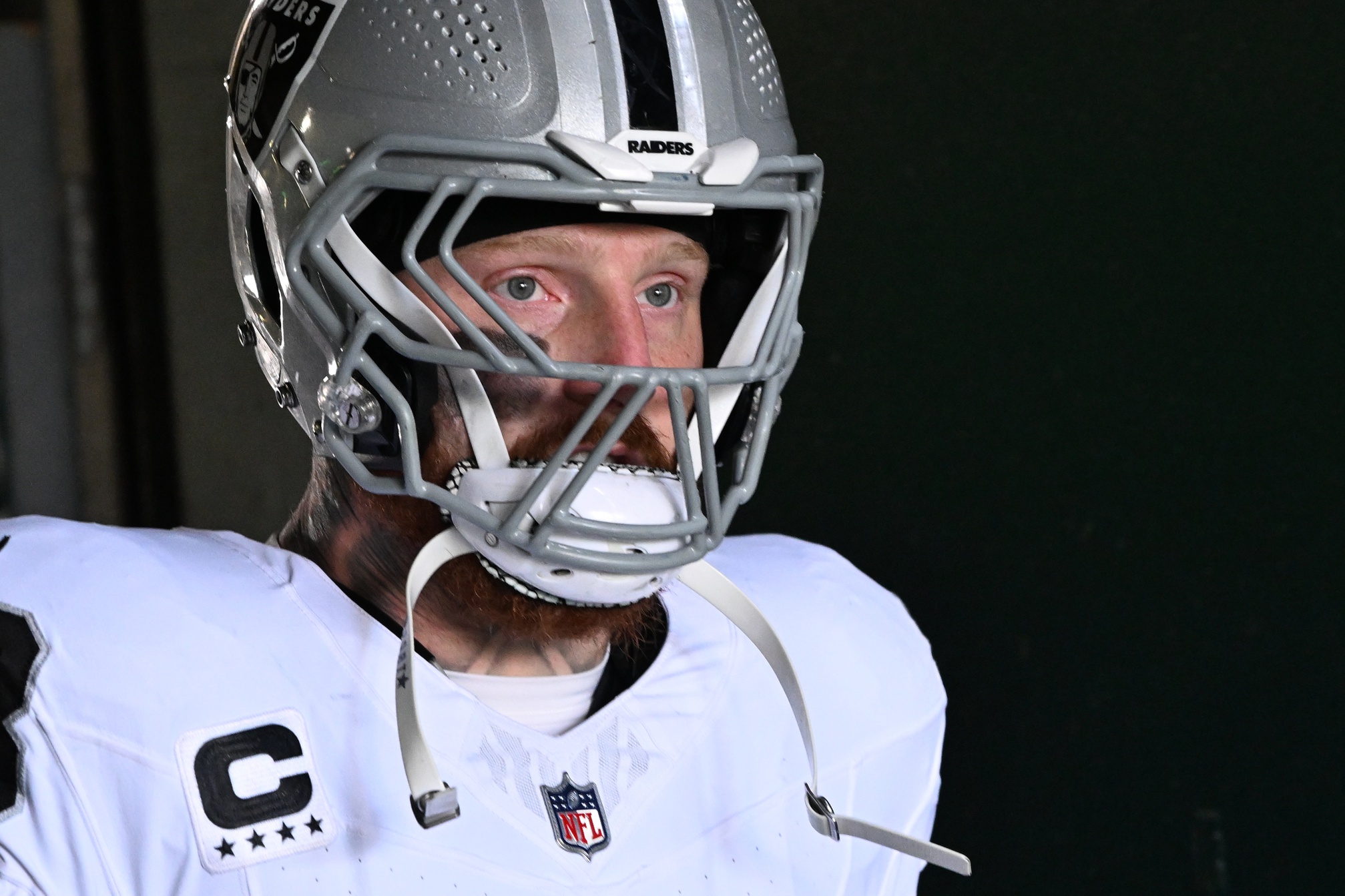G2E Addresses Prediction Markets, Gambling Loss Tax Deductions
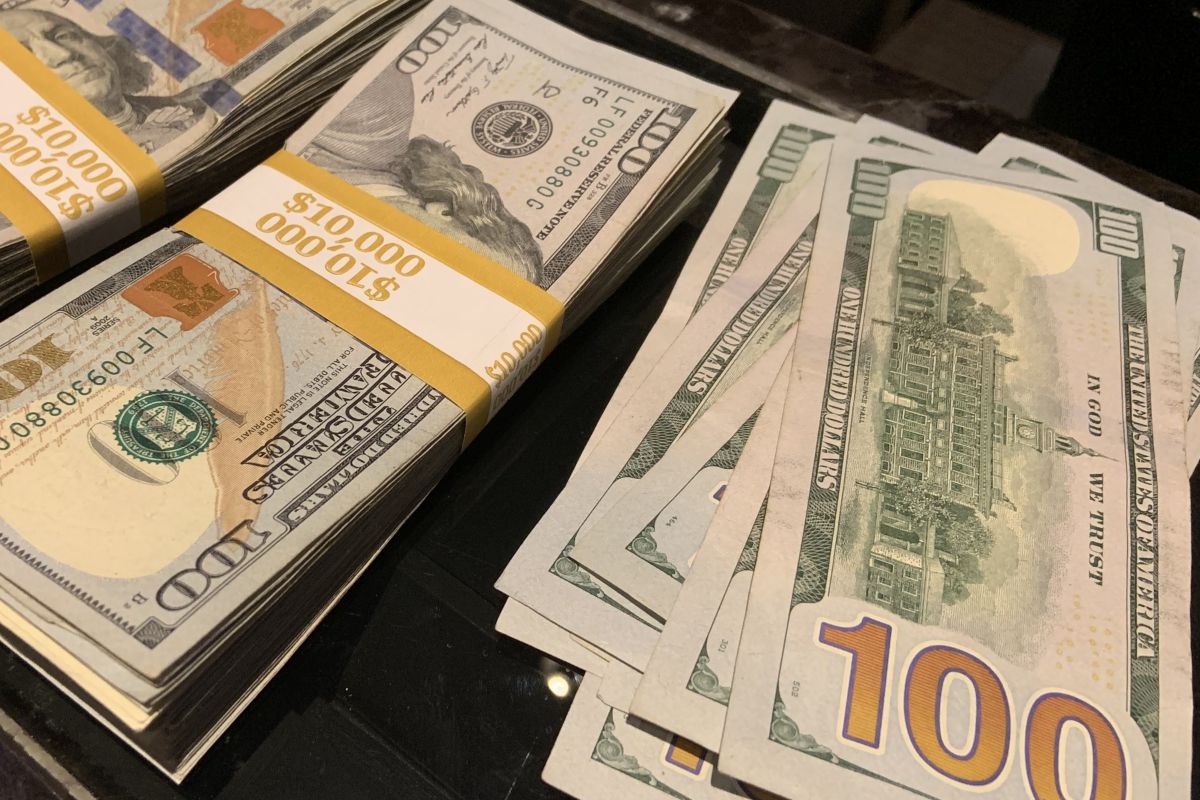
Two major topics in sports betting got some panel time at last week's Global Gaming Expo in Las Vegas. No surprise, there was a discussion on the gambling loss tax deductions change contained in the One Big Beautiful Bill.
But the no-doubt catchphrase of the week: Prediction markets. Those were brought up everywhere, including in a panel specifically about the emerging marketplace.
The future for both issues almost assuredly rests in Washington, D.C., with Congress and the Supreme Court.
(Feature image: Staff Photo)
Prediction Markets
Sports Betting or Trade Contract?
For the past year, Kalshi has made news with its online prediction market. The 2024 presidential election proved to be a boon for Kalshi, which offered trade contracts on the winner/loser and a host of other options tied to the election.
Then came a shift in gears when Kalshi began offering sports contracts in January, just ahead of the Super Bowl. Fast-forward several months, and sports contracts now represent a huge majority of Kalshi's trading volume, as reported recently by Sportico.
The question is whether these sports trade contracts amount to sports betting. And if so, whether Kalshi should have to operate under the same state-by-state regulatory standards as sportsbooks.
In a Wednesday G2E panel on prediction markets, renowned gaming attorney Kevin King put forth his insights.
"The main issue in court is: Does federal law allow for prediction markets?" King said. "There's a lot for courts to work through here. We've got a really big, complex picture, and it's only getting more complex with time."
King expects the Supreme Court will ultimately take up the case, but it won't be soon, as lower courts work through the issue.
"A safe bet here – maybe we should have a prediction market on this – would be the summer of 2027," King said, adding some levity to the conversation. "We've already seen a mixed bag of outcomes. If we continue to be in this mixed bag, that's when the Supreme Court gets involved."
Dustin Gouker, a longtime journalist in the sports betting space who's well-versed in legal gaming issues, was also on the panel. Gouker agreed that determining what sports prediction markets are – and aren't – will be a time-consuming process.
"It might be legal sports betting. We don't know. We're gonna spend the next two to three years in court finding out," Gouker said. "[But] by the end of this year, we'll be at a point where tens of billions are trading hands [on prediction markets]."
One Big Beautiful Fix Needed
Phantom Income
As reported previously at VegasInsider, first following passage of the One Big Beautiful Bill and subsequently in a FAIR BET Act Town Hall held by Rep. Dina Titus, the federal budget legislation included language updating the tax code for gamblers who itemize their deductions.
Up until now, gamblers could deduct 100% of their losses, up to the amount of winnings. Starting in 2026, that changes to 90% of losses. So, a tax filer could literally owe money on income that was never realized.
That could be particularly harmful to professional bettors and poker players, or even an average person who hits a big jackpot on slots or video poker.
While prediction markets got a lot of oxygen at the Global Gaming Expo, the gambling loss deductions change stirred up a huge groundswell of negative reaction over the summer. That feedback continues to this day and was addressed in a Tuesday G2E panel.
"In the eight years I've been at MGM, this is far and away the issue I've heard about most. It caught the public's attention," said Rick Limardo, senior vice president of government affairs for MGM Resorts. "It's a fairness issue. Why are we getting taxed on phantom income?
"We are concerned about it and actively working to address it."
Robert Stoddard, lead tax partner for KPMG and a highly regarded gaming tax authority, noted that while the tax change hits a limited number of people, those people are vitally important to the sports betting/gambling biosphere.
"It is a very, very limited segment of the population that this affects. But it's a very valuable segment," Stoddard said from the panel dais.
Whale Bettors are the Key
Indeed, over the summer, sportsbook industry insider Joe Brennan laid out what Stoddard alluded to this week. Brennan helped found Prime Sportsbook, where he was the principal until earlier this year and still retains a small stake in the company.
Brennan said VIP customers – high-rollers, if you will – are the lifeblood of legal, regulated sportsbooks.
"Whale bettors are the key to a sportsbook's profitability. They're your most important customers," Brennan said, noting the 90% policy could greatly impact how those customers gamble. "The grey market becomes more appealing to that kind of player. And that leads to less gaming revenue."
And does so sooner than you might think. Professional bettors can't just take a wait-and-see approach on Congress fixing this problem. There's bipartisan support to return to 100% of losses, up to the amount of winnings.
But time is not on the bettors' side, which Limardo acknowledged during the G2E panel. With the current shutdown, along with massive partisanship, it's unlikely the policy gets fixed in 2025.
That's a potentially big problem.
"The tax code incentivizes the behavior. Those are the conversations we're having at the federal level with legislators," Limardo said, noting if the fix doesn't come until sometime in 2026, adverse consequences will have already settled in.
"People are going to change their behavior before that."
Stay updated with the latest picks, odds, and news! Tap the button above to add us as a preferred source and never miss a story.
Featured News
-
 FEATURED JAN 30, 2026
FEATURED JAN 30, 2026Odds to Win Survivor Season 50
-
 FEATURED FEB 23, 2026
FEATURED FEB 23, 2026Cognizant Classic Round 1 Odds: PGA Tour Round 1 Leader
-
 FEATURED FEB 20, 2026
FEATURED FEB 20, 2026Do Aliens Exist? Aliens, Extraterrestrial Life Odds
-
 FEATURED FEB 12, 2026
FEATURED FEB 12, 2026World Baseball Classic Odds: Prediction Market Moves for the 2026 Championship
-
 FEATURED FEB 17, 2026
FEATURED FEB 17, 2026Tyreek Hill Next Team Odds: What Will Tyreek Hill’s Next Team Be?
-
 FEATURED FEB 17, 2026
FEATURED FEB 17, 2026Maxx Crosby Next Team Odds: Navigating Offseason Trading Market


